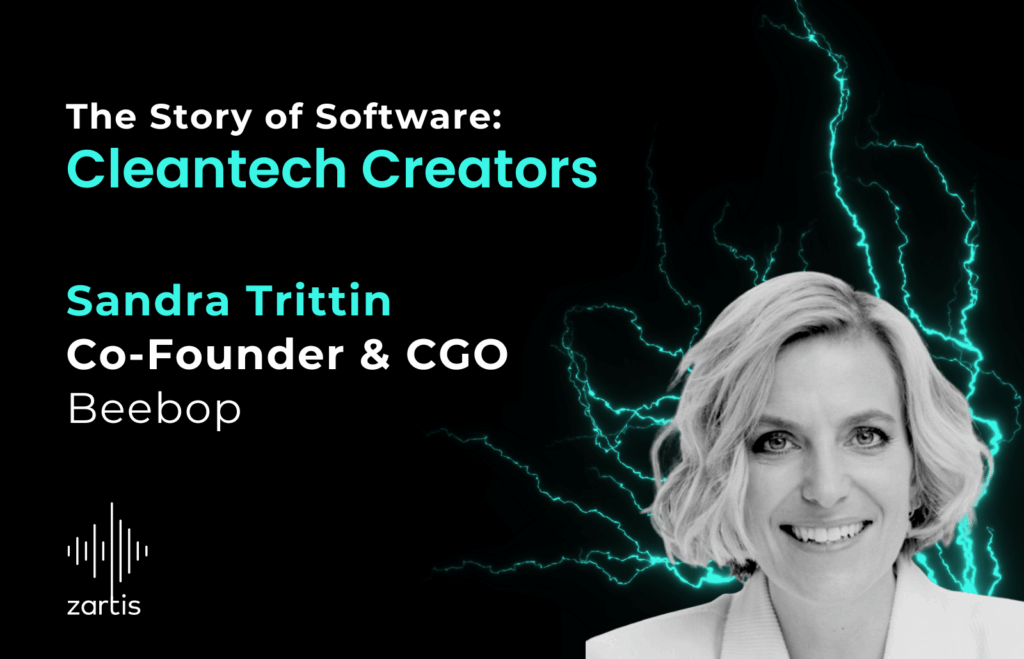The Guest – Chris Bernkopf, Co-Founder and CEO of Podero.
Today we are joined by Chris Bernkopf, Co-Founder and CEO of the Austrian energy flexibility startup – Podero. With a background that spans physics, edtech, and electric mobility, and experience at CERN and Y Combinator, Chris brings a rare mix of scientific insight and entrepreneurial drive to the clean energy sector. Under his leadership, Podero develops software that helps utilities optimize device control, trade energy more efficiently, and reduce costs and emissions. Driven by a passion for meaningful innovation, Chris is committed to making energy systems smarter, greener, and more responsive to the challenges of the global energy transition.
Chris shares how the rise of renewables is transforming the way we consume and manage power, and why this shift demands smarter, more adaptive systems. He reflects on his journey from physics and Y Combinator to tackling one of the biggest challenges in climate tech, discussing how technology, markets, and user behaviour are converging to accelerate the clean energy transition. The conversation delves into Europe’s evolving energy landscape, the business and climate benefits of flexibility, and what it takes to build resilient solutions in a sector shaped by regulation and rapid change.
Some highlights of this episode include:
- The shift in energy flexibility focus
- Podero’s three-part business model
- The “Positive Flywheel” of decarbonisation
- Building resilient solutions in a sector shaped by regulation and rapid change
- Advice on overcoming sector overwhelm
Q: In your recent seed funding round, you mentioned helping utilities cut energy costs by 25% or more. How does this value translate into business value and climate impact? It’s not just business, but there’s a climate impact associated too.
“Yeah, for sure. So on the business impact, of course, it depends on what sort of setup you have, what kind of contract you have with the end customer. […] You have the day-ahead market, the intraday market, and balancing energy — each one allows utilities to earn money through arbitrage and avoid imbalance costs. Those savings stack up and can reach around 27%.
From a climate perspective, when you shift power to cheaper times, you’re usually shifting to periods of low CO₂ intensity — when solar and wind generation are high. That means you’re consuming greener energy. And even more importantly, when you incentivize usage during these times, you encourage more renewable installation, creating a positive flywheel — more renewables lower prices, which motivates even more adoption. It’s a cycle of profitably decarbonizing the energy sector.”
Listen to the Story of Software on:
Apple Podcasts, Spotify, Deezer, & any other podcast platform of your choice. The Story of Software Podcast is produced by Zartis, a software services company. We hope you enjoy listening to this tech podcast and feel free to share any feedback with us: podcast@zartis.com







